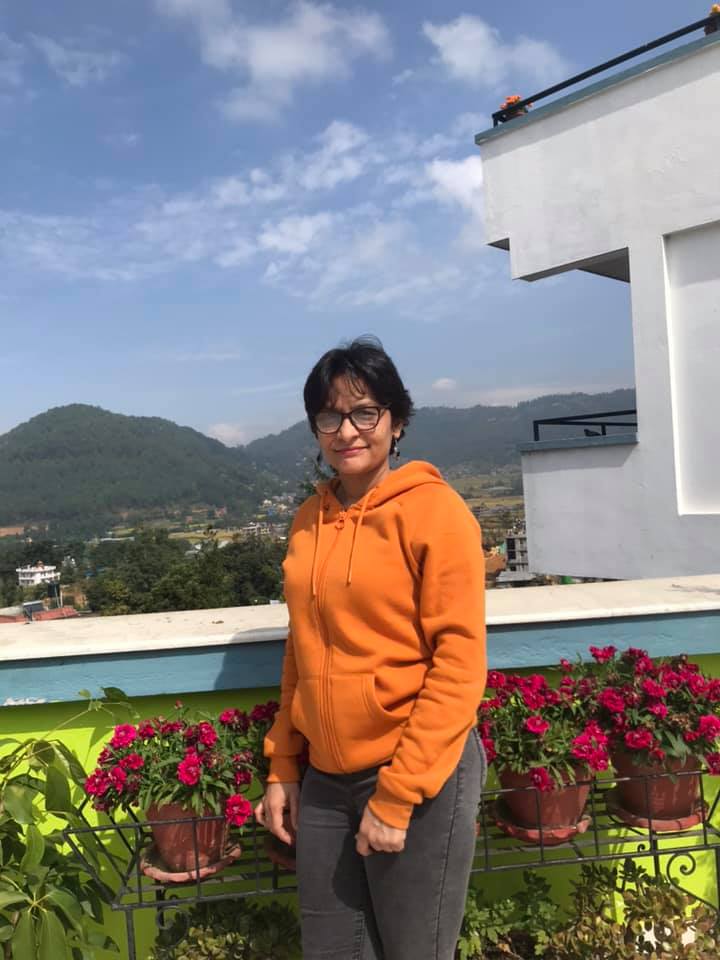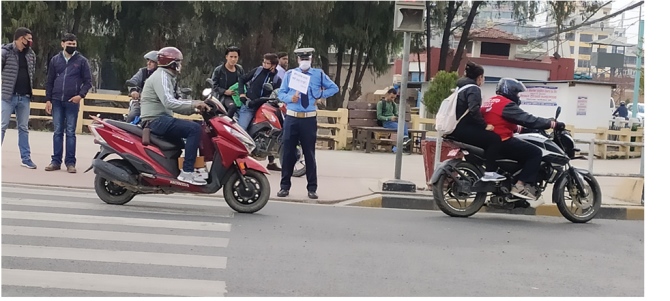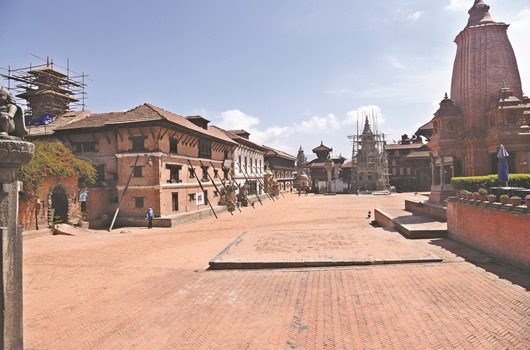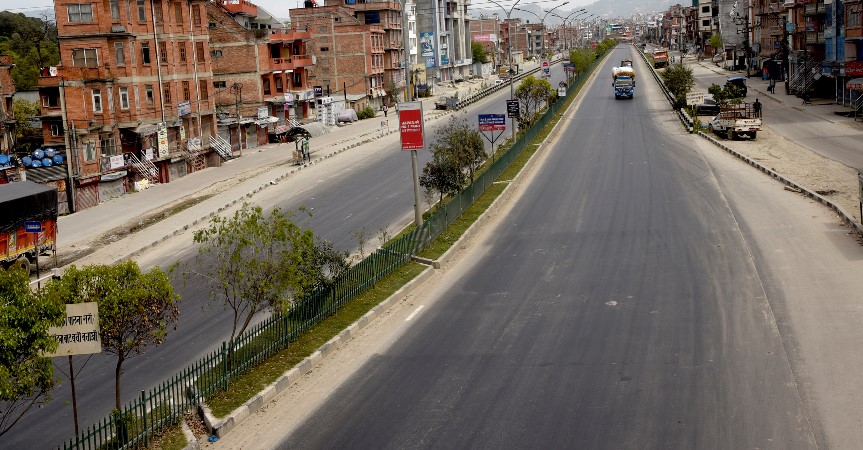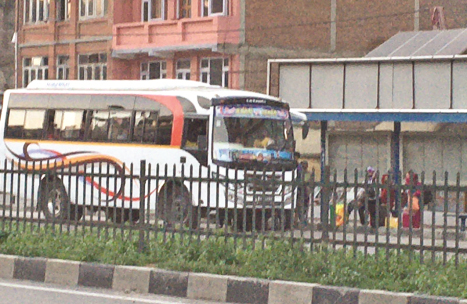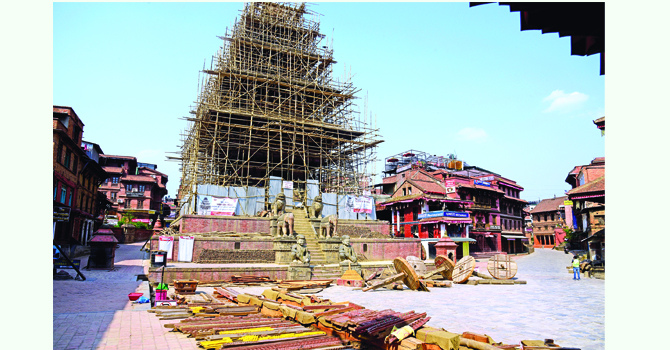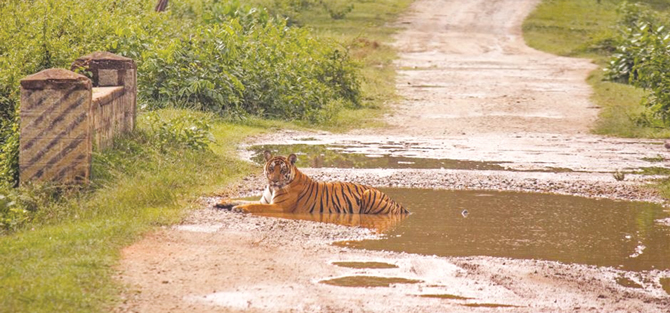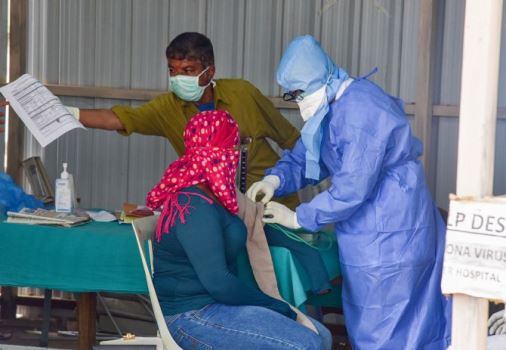Search For Identification Goes On

Indira Aryal
Getting birth registrations and citizenship certificates for the street, orphaned and abandoned children are still a far cry in the country. Over a thousand children in Nepal are staying without identification in various streets in the main city areas of the country.
A birth registration certificate is considered the first official document that acknowledges the existence of an individual and recognises an individual’s legal identity whereas the Marriage Registration certificate verifies and establishes the relationship between the couples.
Article 39 of the Constitution of Nepal ensures the registration of every birth along with the identity. Vital event registration, significantly the birth and marriage registration certificate are considered as one of the most important documents to acquire the citizenship certificate in the country.
A birth registration certificate is a mandatory document to be submitted to the school administration while admitting the child to the school. However, children born from parents staying in the street for longer periods are unaware of the legal documents until they face difficulties admitting their children to the school.
No Birth Registration
Most of the unclaimed children, now grown up to adulthood, are searching for their identification but have failed to gain the document due to their parent’s carelessness and identification of their parents' birthplace.
Here, Manish Gharti was unaware of the need for birth registration until he was 20 years old. Now 22-year-old Manish was abandoned by his mother when he was just two years old.
Staying with his father at the Pashupati temple area, collecting garbage and eating food on the street was his everyday routine until he realized he needed to go abroad for a better livelihood for both the – father and son. Then only he knew the truth that he needed a birth registration certificate for getting a citizenship certificate.
Originally from the Syangja district, he has been living in the various streets of Kathmandu Valley with his father since his childhood. Manish has been cremating dead bodies at Pashupatinath Aryaghat and earning some money to feed his sick father. His father is an alcoholic and became sick a few years ago. Manish however wanted to give his father a better life during his last days.
His other tough journey started when he reached Sundanda Ward No. 1 in Syangja district to make his birth registration certificate. When he reached the ward office, no one knew his. My father received his citizenship certificate three years ago but he gave his description saying he is unmarried. The office denied him giving birth registration certificate citing his father had claimed to be an unmarried person.
Similarly, Anuj Tamang (name changed), 22, wanted to become a national level football player. But his dreams were shattered after his mother died some four years ago. He is now earning his livelihood working as a labourer in the streets of the Pashupatinath area.
He was a bright student and studied up to Grade 8 but quit school after the death of his mother. He then realised that a citizenship certificate was necessary to get a job. During the process of acquiring the citizenship card, he was asked for the birth certificate as well as his father’s citizenship certificate. He was unable to produce those documents.
His parents had been living separately; he was raised single-handedly by his mother. He has a citizenship certificate from his mother. He even went in search of his father, but he learned that he also died in the Swoyanbhunath area.
He only knows that his parents came from Makawanpur district but he has never been there as his parents started living in Dharan before he was born. Later, they moved to Kathmandu seeking a better life.
He even sought support and asked for help to obtain the birth and citizenship certificate, but failed as he was asked for his father’s citizenship certificate. His mother’s citizenship certificate was not enough for the administration to grant him his citizenship.
He applied for jobs but was denied because he lacked the important document—citizenship certificate.
There are many orphaned and other children born to street-based parents who are denied birth registration certificates, which is the way forward to receive citizenship certificates.
Article 11(4) of the Constitution has a provision that allows children whose parents are unknown to obtain citizenship by descent only if they can produce proof that the whereabouts of their parents are unknown. But the law specifies that such citizenship applicants should have a legal custodian, foster parent, or orphanage vouch for their parentless status. This provision does not apply to street children.
Similarly, there is a provision stating that children of single mothers born in Nepal can acquire citizenship by descent. But administrators and law practitioners have said they will not be able to provide citizenship for the above-mentioned case until the laws are formulated.
Problems Aplenty
If there is no birth registration of children, they will face problems in school admission, they will be deprived of giving board examination in class eight, they will be deprived of getting an education and later on getting employment, deprived of getting citizenship certificate and they feel depressed during their journey of life.
Children born from a mother and a father who do not have both birth and citizenship certificates, orphaned children, children staying in children's homes, street children, children who have mothers but do not know the whereabouts of their father, children born from separated parents and born from landless migrated parents.
Regarding the issue, Shanti Raj Prasai of the Ministry of Women, Children and Social Welfare clarified that every child needs to provide proof about the whereabouts of their and in the case of street children there should be adoptive parents or some organisation or local leaders should take guardianship.
The Parliamentary State Affairs and Good Governance Committee of Nepal, Federal Parliament just endorsed an amendment bill on the Citizenship Act 2063 which had been under discussion for two years, but it still failed to address the issues.
The recently endorsed citizenship legislation also failed to address the right to citizenship for orphaned children, street children, and children staying in shelters, and most of the organisations working for street children have been lobbying to address the issue while it is amended.
Lawyer Punyashila Duwadi said that the right to birth and citizenship certificate has been secured by the Constitution of Nepal but other laws regarding citizenship rights are undermining the constitutional provisions. The Constitution has given the right of citizenship to mothers but it has not been implemented yet.
Unfortunately, the passage of the Bill has been postponed due to the sudden decision of the Government to end the parliament session. Because of this, many people who are eligible to obtain Nepali citizenship, many children of citizens by birth who are entitled to obtain citizenship by descent are being denied as the amendment of existing law is remaining for a longer time.
Biso Bajracharya, Executive Director of SathSath, an organisation working for the streets and orphaned children, said that they had been lobbying for birth and citizenship certificates for such orphaned and street children since last year.
Most of the time the laws are approved and come into the implementation phase, practically they are not applied. Most of the time, local bodies are not aware of the new amendments and technical issues.
In the present context, more than 35 per cent of people of eligible age in Nepal do not possess citizenship, according to research done by FWLD said.
Even though more than 600,000 people are eligible for citizenship every year, the government issues citizenship to only about 400,000 people."
It is also estimated that 6.7 million people will be without citizenship by 2078 if the number of people increases by the same ratio, the research revealed.
(Aryal works at this daily)
Recent News

Do not make expressions casting dout on election: EC
14 Apr, 2022
CM Bhatta says may New Year 2079 BS inspire positive thinking
14 Apr, 2022
Three new cases, 44 recoveries in 24 hours
14 Apr, 2022
689 climbers of 84 teams so far acquire permits for climbing various peaks this spring season
14 Apr, 2022
How the rising cost of living crisis is impacting Nepal
14 Apr, 2022
US military confirms an interstellar meteor collided with Earth
14 Apr, 2022
Valneva Covid vaccine approved for use in UK
14 Apr, 2022
Chair Prachanda highlights need of unity among Maoist, Communist forces
14 Apr, 2022
Ranbir Kapoor and Alia Bhatt: Bollywood toasts star couple on wedding
14 Apr, 2022
President Bhandari confers decorations (Photo Feature)
14 Apr, 2022
